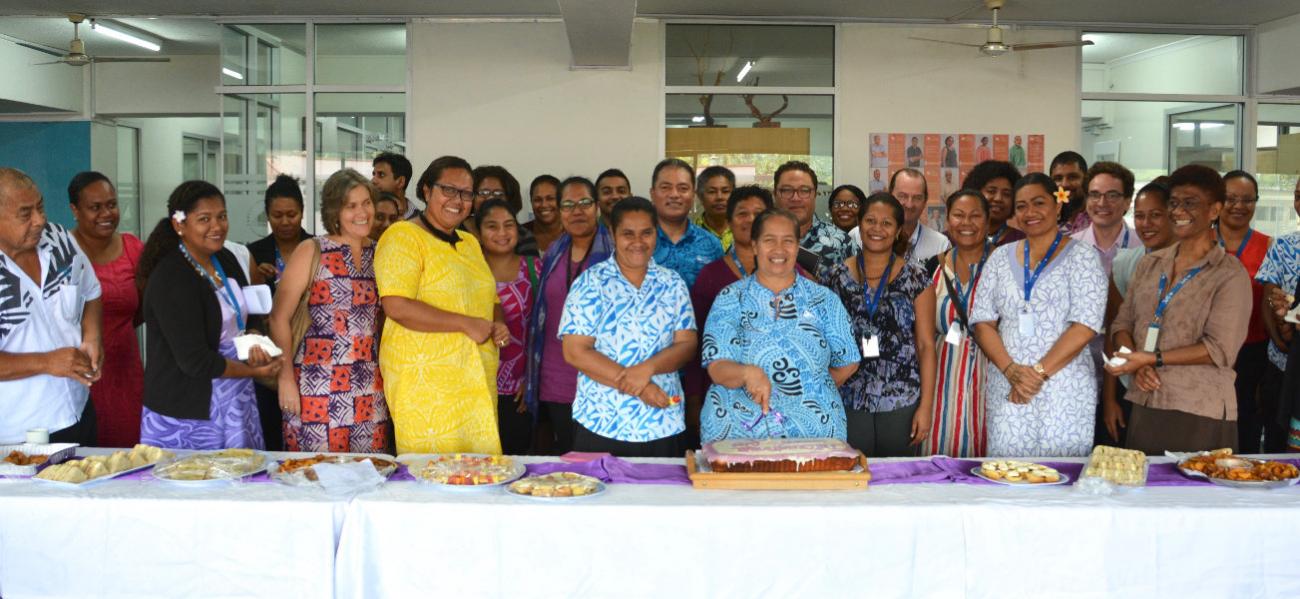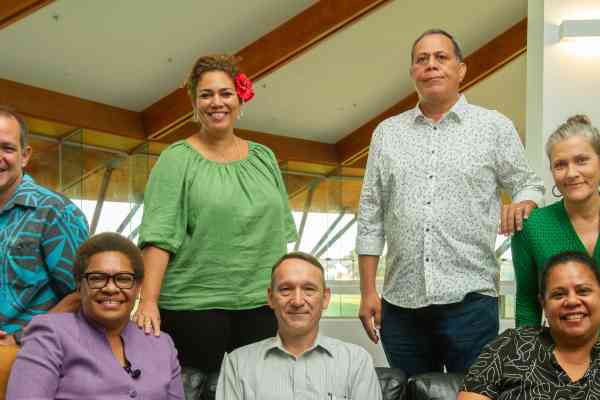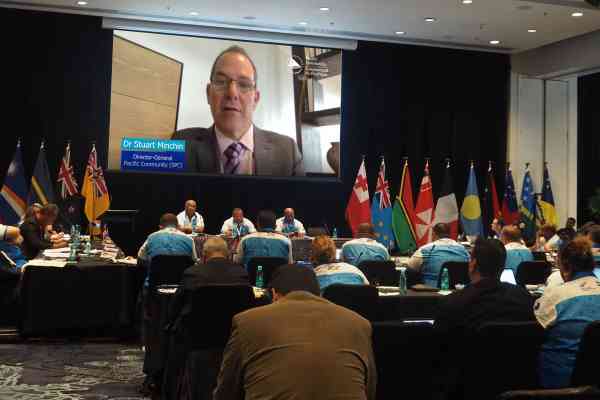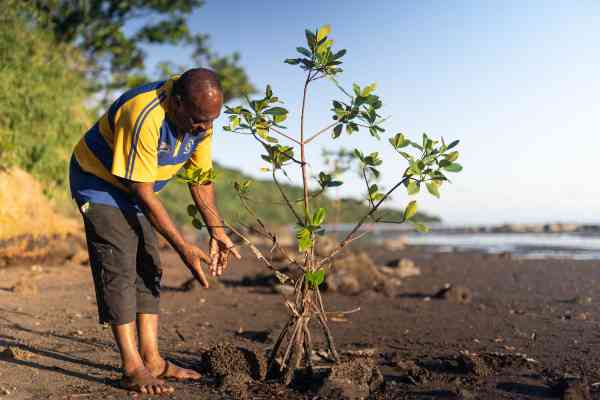My latest visit to Suva happened to coincide with International Women’s Day (March 8th). It is an important event and allowed me an opportunity to say a few words to our staff in Fiji about how we as an organisation have much to be proud of but we must not be complacent. This year’s theme ‘Be Bold for Change’ gives us much to reflect on – are we doing enough? As individuals? As an organisation?
The theme for International Women’s Day is about trying to find ways to make “work more gender inclusive. It is a time to reflect on how our women are engaged in this changing world of work.
SPC has been around for 70 years. During this time, we have had women in various key positions including Ms Lourdes Pangelinan, who was the first woman appointed as Director General from 2000 to 2006, a national of Guam. Prior to her appointment as the DG, she was Deputy Director General from 1995 to 2000. Ms Fekita Utoikamanu, from Tonga also served as Deputy Director General from 2009-2015. Prior to her taking on this role, she was the Permanent Representative of Tonga and Ambassador to the UN based in New York.
We now have Audrey Aumua, a Fiji national as our Deputy Director General, Suva, whom also served in a senior role in the World Health Organisation before joining SPC. During my tenure, we have also had several women in our Senior Leadership Team and this is something we need to continue to promote, given their critical contribution to our world of work at SPC.
SPC prides itself as the premier technical organisation of the Pacific. We undertake cutting edge work in science and technology, providing sound technical advice, backed by research in areas of maritime, shipping, agriculture, IT and climate change. We pride ourselves in being able to deliver the best technical support to our member countries. As the Director General of this organisation, I am honoured and privileged to say, women make this possible. Women have made tremendous strides in science and technical areas of work in Ocean science and governance, food and nutritional security, gender and youth, which once upon a time was dominated by men.
Gender equality is not just an issue for women. It is everyone’s responsibility – meaning both men and women. My expectation is that all our staff in SPC should be contributing in some way another to promoting and advancing gender equality. Whether it is in how we undertake our work activities or in our attitudes and behaviour both at work and in our private world, we ought to take our responsibility for gender equality.
I think we can safely say, that the landscape of work is definitely changing for us in the Pacific – technological advances and globalisation has opened more jobs for women. Whilst more work is great for Pacific women, I do think we need to be mindful of these opportunities in terms of who accesses these opportunities and do these opportunities further stereotype women. I am speaking about roles and work where women are already over-represented but are very poorly paid.
There is an increasing amount of these types of jobs in the Pacific – one only needs to look in tuna canneries, garment factories, call centres and helplines. I am not saying that women should not work in these jobs (because a job is a job) but we need to continue to advocate that these industries need to work better for women.
I take this opportunity to wish you all a happy international women’s day and let us continue to work together – to make bold decisions for the women of our Pacific.




